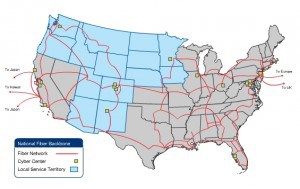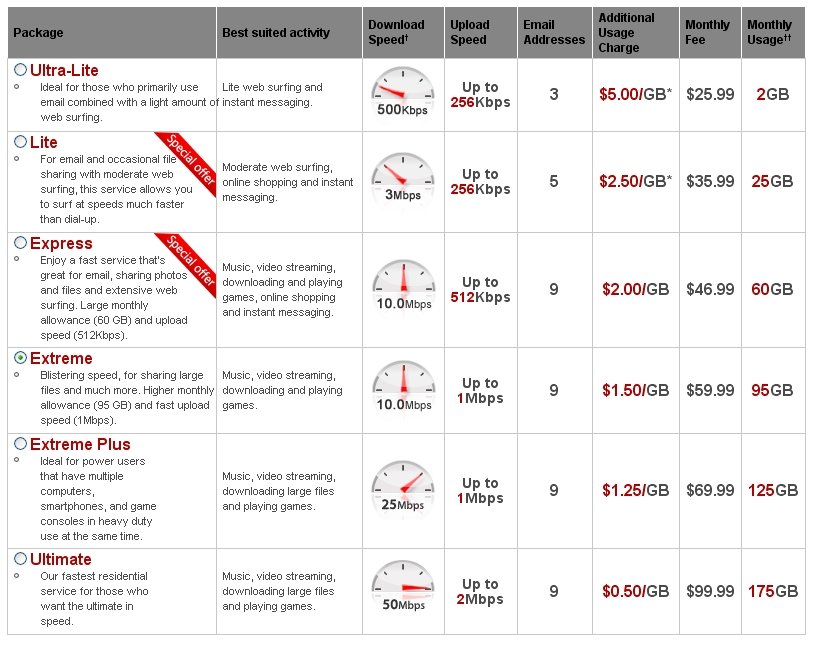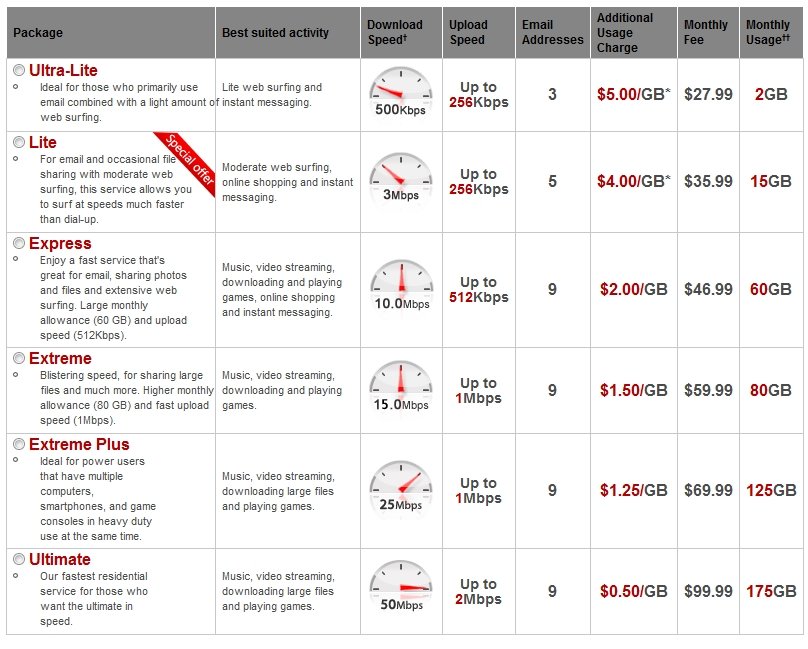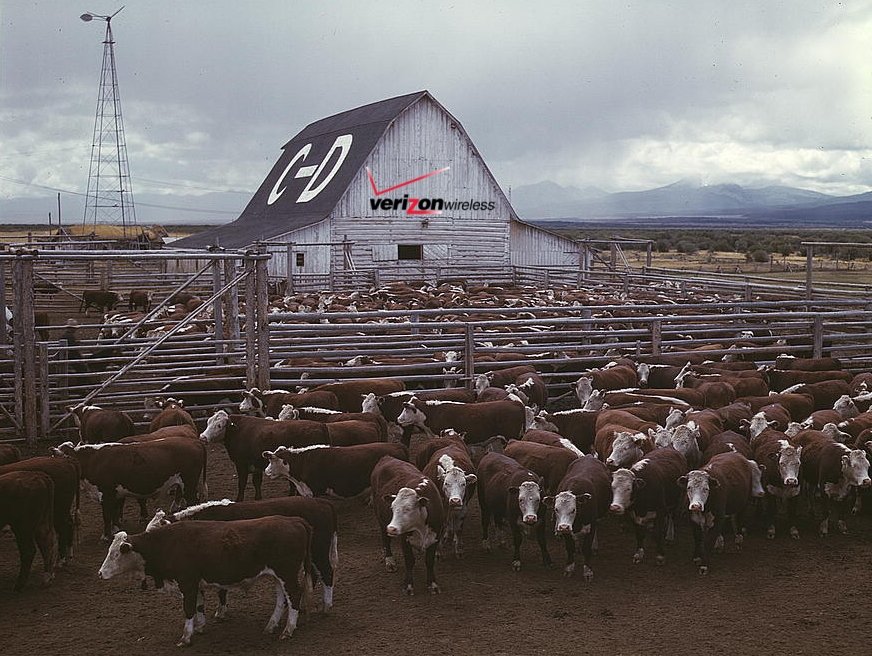Antitrust regulators have given the green light for CenturyLink to proceed with its buyout of Qwest Communications, but Qwest executives on their way out are hardly complaining about the deal.
Stop the Cap! has reviewed recent filings with the Securities and Exchange Commission and learned the proposed deal will bring almost $110 million in bonuses and golden parachutes for seven senior Qwest executives, some of whom will leave Qwest as a consequence of the merger.
Qwest CEO Ed Mueller will receive the largest amount: nearly $43 million — $10.8 million in cash he can spend now and $32 million in stock which he can sell later. Mueller has already made a mint as CEO of Qwest, getting a five percent raise in his base salary to $12 million dollars in 2009, a nine percent boost in his performance bonus — $2.5 million, nearly $250,000 towards personal use of the Qwest corporate jet fleet, and $7.6 million in new stock awards. While Mueller won, some 2,800 Qwest employees lost — their jobs. As part of broad cost cutting moves, Qwest eliminated 8.5 percent of its workforce in 2009. That helped the company achieve an increase in profits of 2 percent despite a 9 percent loss in revenue for the year.
Most of the generous compensation packages were part of the executives’ employment agreements which guaranteed golden parachute payouts and stock options in the event of a merger. Those employee agreements were well-positioned to pay off for the executives, as Qwest’s “for-sale” sign had been public knowledge for years.
Last week, the Federal Trade Commission determined the deal between CenturyLink and Qwest did not bring any antitrust issues to the table. But the deal still faces a review from state regulators and the Federal Communications Commission. Qwest shareholders will have their say August 24th in a special shareholder meeting to vote on the deal. Qwest has already been negotiating with significant shareholders who have sued the company, claiming the deal did not adequately compensate Qwest’s investors. Sixteen of those lawsuits have since been quietly settled on undisclosed terms.
 Meanwhile, opposition to the merger has come from smaller independent phone companies, consumer groups, labor unions, and some of Qwest’s competitors who rely on Qwest’s facilities to bring services to customers. The Communications Workers of America is the largest union expressing concerns about the deal and has filed to intervene in public service commission proceedings regarding the merger in four states: Arizona, Colorado, Iowa and Minnesota. Those are the only four states in Qwest’s 14 state territory receptive to hearing the union’s point of view, according to the CWA. The others have oversight agencies that exist little beyond rubber-stamping the requests of the companies they oversee or have commission members who are openly hostile to unions.
Meanwhile, opposition to the merger has come from smaller independent phone companies, consumer groups, labor unions, and some of Qwest’s competitors who rely on Qwest’s facilities to bring services to customers. The Communications Workers of America is the largest union expressing concerns about the deal and has filed to intervene in public service commission proceedings regarding the merger in four states: Arizona, Colorado, Iowa and Minnesota. Those are the only four states in Qwest’s 14 state territory receptive to hearing the union’s point of view, according to the CWA. The others have oversight agencies that exist little beyond rubber-stamping the requests of the companies they oversee or have commission members who are openly hostile to unions.
Despite the opposition, most analysts believe the deal will win approval because CenturyLink only has a limited presence in most of Qwest’s service areas, which are in the mountain west and desert south.


 Subscribe
Subscribe







